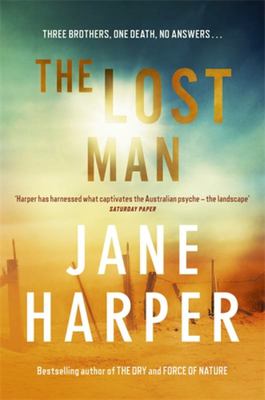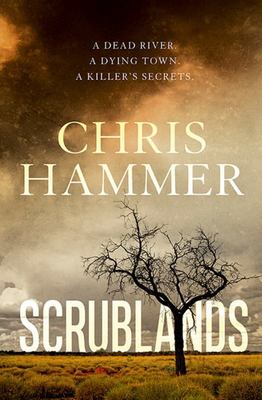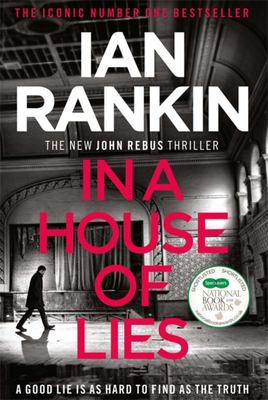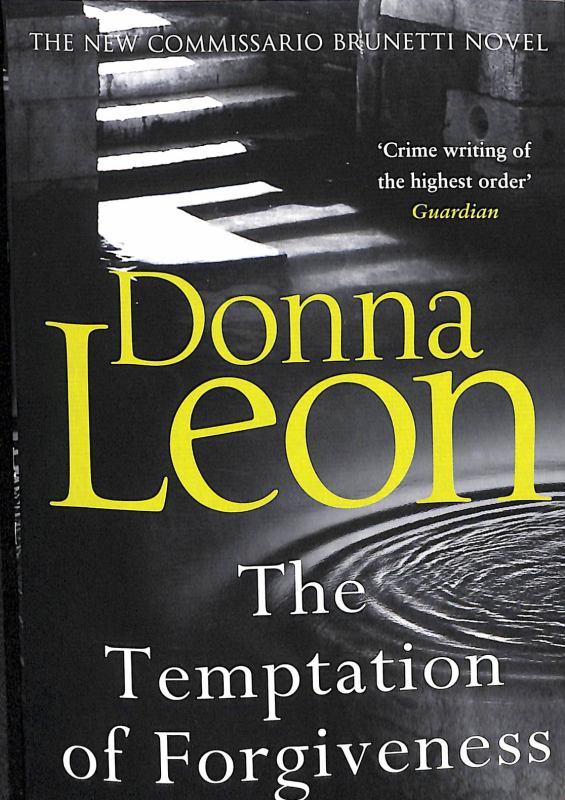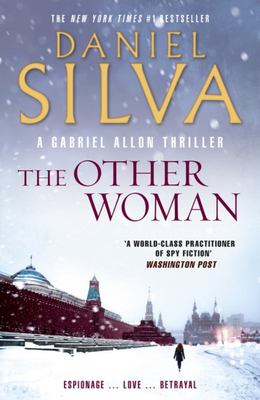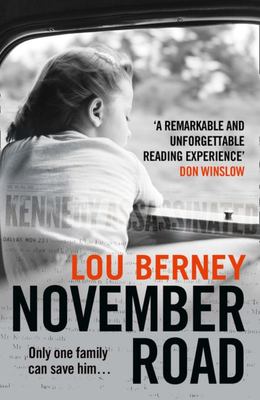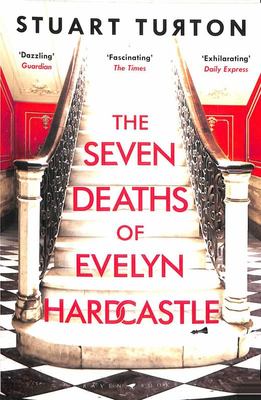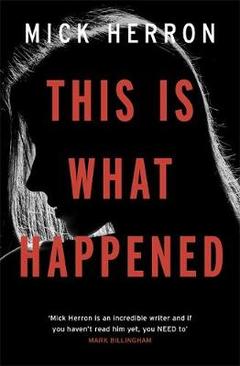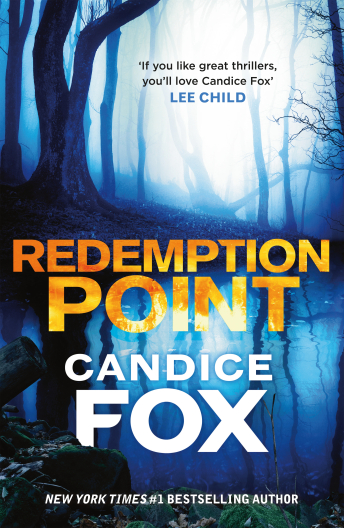Reviewed by Simon McDonald
In Harlan Coben’s capable hands, the familiar runaway daughter plot is revitalised and exacerbated, in a thriller replete with several truly sneaky twists and a haunting dénouement. Although Coben’s customary wit and banter is diluted — the repercussions of Simon Greene’s search for his daughter, Paige, doesn’t really allow for sass or wisecracks — Run Away is another masterful domestic thriller, and another impressive page-turner from one of my favourite writers.
When Simon, a successful Manhattan money manager, identifies his runaway college dropout (now junkie) daughter Paige playing guitar in Central Park, he approaches her, hoping to encourage her back into rehab, or at the very least a few nights away from her abusive boyfriend, Aaron. Things do not go well. Strung out on drugs, Paige barely seems to recognise her father — and their resulting confrontation results in Simon punching Aaron in the face, and becoming a viral sensation as a rich guy abusing the poor. Paige disappears, and for three months, Simon and his wife, Ingrid, hear nothing; that is until Bronx Homicide Detective Isaac Fagbenle turns up at Simon’s office, asking questions about the murder of Aaron. The Greene’s are suspects, but Paige is the obvious one — and she’s still missing. So Simon and Ingrid launch their own investigation, which brings them into the path of Chicago PI Elena Ramirez, hired to find the missing adopted son of wealthy Sebastian Thorpe III, and a murderous duo named Ash and Dee Dee, the latter of whom waxes lyrically about the Maine religious commune she belongs to. Somehow Coben manages to successfully connect these threads, building momentum until the very last page.
Fasten your seat belt for this roller-coaster ride through family hell.




